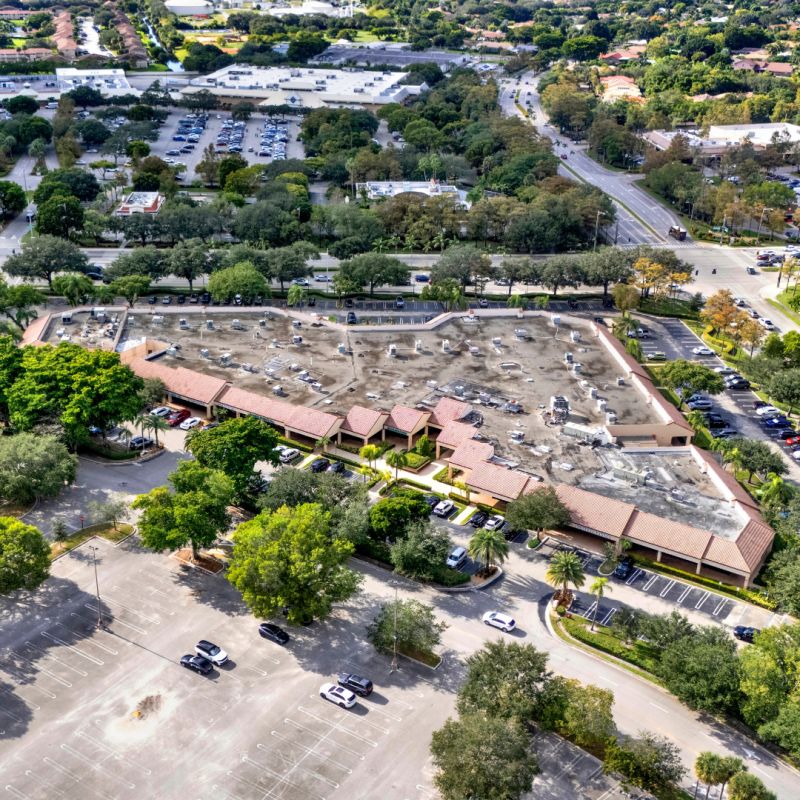T
he US real estate market is poised for significant change as it enters 2025, driven by a complex interplay of economic shifts, demographic changes, and technological advancements. Key factors influencing the market include the post-pandemic recovery, ongoing inflationary pressures, and potential changes in interest rates.
Economic indicators to watch in 2025 include interest rates and inflation, which will impact real estate prices as the Federal Reserve adjusts its monetary policies. Elevated interest rates could dampen demand in the housing market, while rising construction costs due to inflation may lead developers to increase prices or cut back on new projects. GDP growth and consumer confidence will also play a crucial role, with steady economic growth potentially boosting purchasing power and investment in homes or commercial properties.
The residential real estate market is expected to face challenges, including a persistent shortage of affordable housing inventory, which will drive up prices in many markets. However, younger generations entering the market may create opportunities for builders who cater to their preferences for sustainability, smart home features, and community-oriented living. The affordability crisis will lead to stronger demand for rental properties, particularly multifamily units and suburban homes.
Commercial real estate is at a crossroads, influenced by shifting work trends, evolving consumer behaviors, and economic shifts. Office space evolution, driven by remote and hybrid work models, may lead to decreased demand for large office spaces in urban centers, while flexible or coworking spaces may see increased interest. Retail real estate will continue to adapt to the rise of e-commerce, with opportunities in experiential shopping venues and food-related businesses.
The industrial and logistics properties sector is expected to see continued growth as businesses focus on improving logistics efficiency, driven by the e-commerce boom and increasing demand for last-mile delivery centers. Healthcare and data centers will also experience robust demand, driven by an aging population and the need for digital infrastructure.
Technology continues to revolutionize the real estate industry, affecting how properties are marketed, bought, sold, and managed. Smart homes and automation systems will become increasingly appealing to tech-savvy buyers, while AI and big data will change how investors make decisions, enhancing property valuations and market forecasting.
Regional variations in migration patterns will continue to shape real estate trends in 2025, with suburban and secondary markets experiencing growth due to remote work models. Urban revitalization and gentrification may also occur in cities like Austin, Phoenix, and Raleigh, driven by in-migration, tech industries, and young professionals.
As the US real estate market enters 2025, it will face a unique blend of challenges and opportunities, shaped by shifting economic conditions, changing consumer preferences, and technological advancements. Investors and developers must stay agile to make informed decisions, leveraging technological tools and keeping an eye on market trends.














